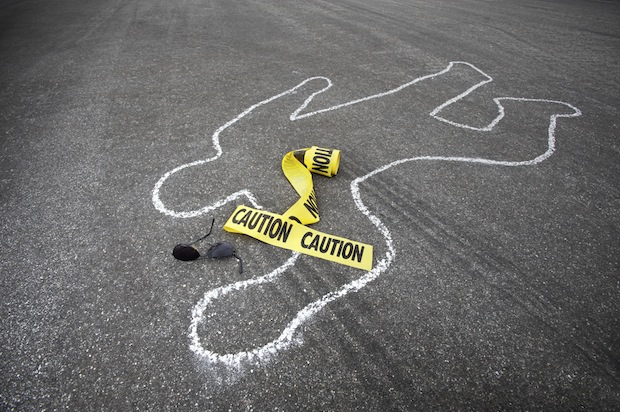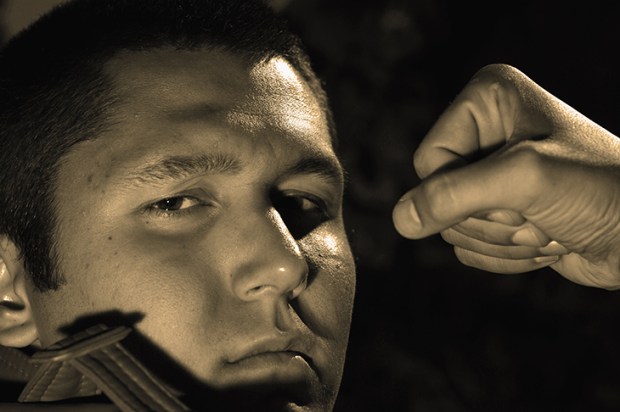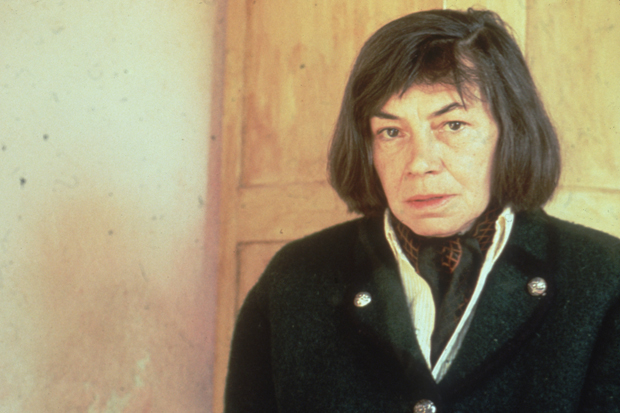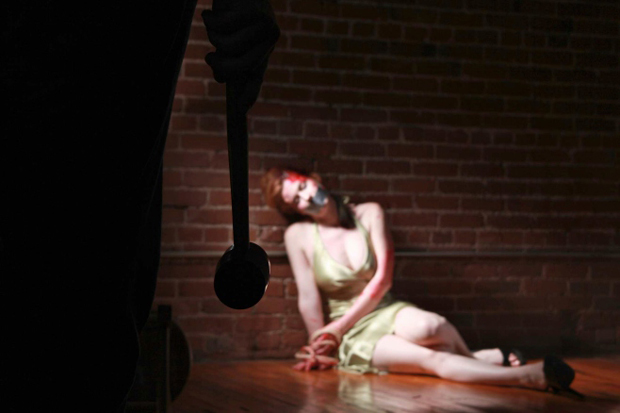Pity the poor novelist whom commercial pressures trap within a series, doomed with each volume to diminish the stock of options for the next one. It’s even harder when the series is not yours to begin with.
Jill Paton Walsh has now written her fourth instalment of the Lord Peter Wimsey and Harriet Vane detective novels, created by Dorothy L. Sayers. The Late Scholar (Hodder & Stoughton, £19.99, Spectator Bookshop, £15.39) is set mainly in Oxford, the location of Sayers’ own Gaudy Night. Wimsey is asked to adjudicate a bitter dispute among the fellowship of St Severin’s College, of which he is the Visitor. The Warden has vanished. The fellows have been plagued by a series of accidents and fatalities, which are oddly similar to those in Harriet’s detective novels. Can this have something to do with the controversial proposal to sell a college treasure, an edition of Boethius that may have belonged to Alfred the Great?
‘This is Oxford,’ remarks a percipient scout. ‘You never know who will get up to what.’ Paton Walsh handles the traditional detective element of the story with skill and good humour. The charm of the novel, however, lies in her portrayal of Peter and Harriet as an aging married couple.
The novel also carries the series forward into the 1950s: the war and the years of austerity have had their effect on the Wimseys, and they are learning to cope with a new world. Rather than attempt a pallid imitation, Paton Walsh has reinvented Sayers’s series and put her own stamp on it. It is difficult to see how it could have been done better.
John Lawton plundered the lyrics of Leonard Cohen for the title of his latest historical spy thriller, Then We Take Berlin (Grove Press, £17.99, Spectator Bookshop, £15.99), trailed as the first of a series. The fictional present is 1963. The central character is a Cockney burglar, John Holderness, whom the women in his life call ‘Wilderness’. A former black market associate wants him to smuggle a woman from East Berlin to the West at the same time as JFK’s visit to the city.
In practice, much of the narrative has little to do with 1963. Lawton takes us on a tour of the back story — including Wilderness’s wartime apprenticeship as a burglar with his villainous grandfather; his undistinguished RAF career that leads, via Cambridge, to a posting with MI6 to Germany; and his time in Berlin, where the black market allows his talents to flourish.
Lawton builds a wonderfully convincing picture of the world in which Wilderness moves, writing with remarkable authority on subjects ranging from safe-cracking to the bureaucratic processing of displaced people and the horrors of postwar Germany. The story ends abruptly — perhaps this is intentional but it comes as a disappointment. Still, the impact of the novel as a whole is impressive and, as usual with Lawton’s books, it’s rather more than the sum of its parts.
The Double (Orion, £18.99, Spectator Bookshop, £14.99) is George Pelecanos’s 19th novel and the second title in what may be a new series about Spero Lucas, a traumatised ex-marine who now works as private investigator in Washington DC. The plot is made up of several strands, of which the main one concerns Lucas’s commission to retrieve a painting, the eponymous Double, stolen from a vulnerable woman by her former boyfriend. The Double refers not just to the painting but to Lucas and the ex-boyfriend, a man for whom the humiliation of women is perhaps more important than what he can steal from them. The duel between them reveals uncomfortable similarities.
Pelecanos is not an author to shrink away from sex and violence, and both are on offer here. This is not perhaps his strongest novel — there’s an Identikit quality to both the characterisation and plot. But there’s also an interesting hint of moral ambiguity and a portrayal of a side of Washington that tourists don’t usually see. Pelecanos wrote some episodes of the TV drama The Wire, and his crime novels show a similar concern with the ever-changing jungle of urban America.
Private investigators do not necessarily require mean streets to flourish, as Alexander McCall Smith has shown with his novels featuring Botswana’s favourite lady detective. Mma Ramotswe faces two tricky situations in The Minor Adjustment Beauty Salon (Little, Brown, £16.99, Spectator Bookshop, £13.99), the 14th in the series. She is hired by a lawyer to investigate whether the beneficiary of a will is in fact an impostor. There’s also the tricky question of who is behind an attempt to destroy the reputation of the beauty salon. To make matters worse, the agency’s valued associate detective, Mma Makutsi, takes maternity leave.
Hardcore devotees of noir crime fiction will not find much here, nor will those who like a puzzle. But if you want to relax with a compassionate and gently witty private investigator at your side, then Mma Ramotswe will not disappoint.
Got something to add? Join the discussion and comment below.
Get 10 issues for just $10
Subscribe to The Spectator Australia today for the next 10 magazine issues, plus full online access, for just $10.
You might disagree with half of it, but you’ll enjoy reading all of it. Try your first month for free, then just $2 a week for the remainder of your first year.














Comments
Don't miss out
Join the conversation with other Spectator Australia readers. Subscribe to leave a comment.
SUBSCRIBEAlready a subscriber? Log in